Understanding Supplements in Collision Repair
The Unexpected Cost: Understanding Supplements in Collision Repair.
Discovering your car has been damaged in a collision is stressful enough. But what happens when the repair shop uncovers more damage than initially estimated? That's where "supplements" come into play. This post will explain what supplemental repair costs are, why they arise, and how to navigate them.
What is a Supplement in Collision Repair?
A supplement is an additional estimate for repairs that are discovered after the initial estimate has been completed and the repair process has begun. It covers unforeseen damage that wasn't apparent during the initial inspection.
Why Do Supplements Happen?
Several factors can lead to the need for a supplement:
- Hidden Damage: The outer panels of your car might hide significant damage underneath. Once those panels are removed, the full extent of the damage becomes clear. This can include damage to the frame, internal components, or wiring.
- Corrosion: Rust and corrosion can obscure the true condition of metal parts. Cleaning or removing rusted areas might reveal that the underlying metal is too damaged to repair and needs to be replaced.
- Unforeseen Complications: Sometimes, removing a damaged part reveals that other, seemingly unrelated parts are also damaged. For example, removing a damaged bumper might reveal damage to the underlying support structure.
- Insurance Adjuster Limitations: While insurance adjusters are thorough, they often make their initial assessment based on visible damage. They may not be able to fully assess the damage until the repair shop begins disassembly.
Common Examples of Supplemental Damage.
- Frame Damage: Damage to the vehicle's frame, which is crucial for structural integrity, is often hidden.
- Airbag Deployment Components: Damage related to deployed airbags might extend beyond the visible areas.
- Wiring Harness Issues: Hidden damage to wiring can cause electrical problems.
- Corrosion in Hidden Areas: Rust within body panels or undercarriage components.
- Suspension Damage: Damage to suspension components that isn't immediately obvious.
Navigating the Supplement Process.
- Communication is Key: The repair shop should contact you (and your insurance company, if applicable) immediately when they discover supplemental damage. They should explain the nature of the damage and why it necessitates additional repairs.
- Revised Estimate: The shop will provide a revised estimate that includes the supplemental repairs. This should be as detailed as the original estimate, outlining the additional parts, labor, and materials needed.
- Insurance Approval: If you're filing an insurance claim, the supplement will need to be approved by your insurance company. The repair shop will typically work with your insurer to get this approval. Be prepared for a possible reinspection by your adjuster.
- Review the Supplement Carefully: Just as with the initial estimate, review the supplement carefully. Ask questions about anything you don't understand. Ensure the added costs are justified by the additional damage.
- Understand Potential Delays: Supplements can sometimes extend the repair time, as additional parts might need to be ordered.
- Negotiation: While you can't change the fact that additional damage exists, you can discuss the use of OEM vs. aftermarket parts with the shop and your insurer to potentially manage costs.
Your Rights and Responsibilities.
- You have the right to a clear and detailed explanation of any supplemental repairs.
- You have the right to approve or disapprove of the supplemental repairs (though disapproving might mean your car isn't fully repaired, which could affect its safety and value).
- If you're filing an insurance claim, you're responsible for your deductible. The insurance company is responsible for the covered supplemental repairs, up to your policy limits.
- If you disagree with the insurance company's assessment of the supplement, you have the right to appeal their decision.
Preventing Surprises (To Some Extent).
While supplements are often unavoidable, here are a few things that can help minimize surprises:
- Choose a Reputable Shop: Experienced, reputable shops are more likely to perform a thorough initial inspection.
- Get Multiple Estimates: Comparing estimates from different shops can help you get a sense of the potential scope of the repairs. However, be aware that even multiple estimates may not uncover all hidden damage.
- Ask About Their Supplement Policy: Ask the shop about their process for handling supplements before you authorize the repairs.
Conclusion: Be Informed and Proactive.
Supplements are a common part of the collision repair process. By understanding what they are, why they happen, and how to navigate them, you can be better prepared to handle any unexpected costs and ensure your car is safely and properly repaired. Open communication with the repair shop and your insurance company is crucial.












